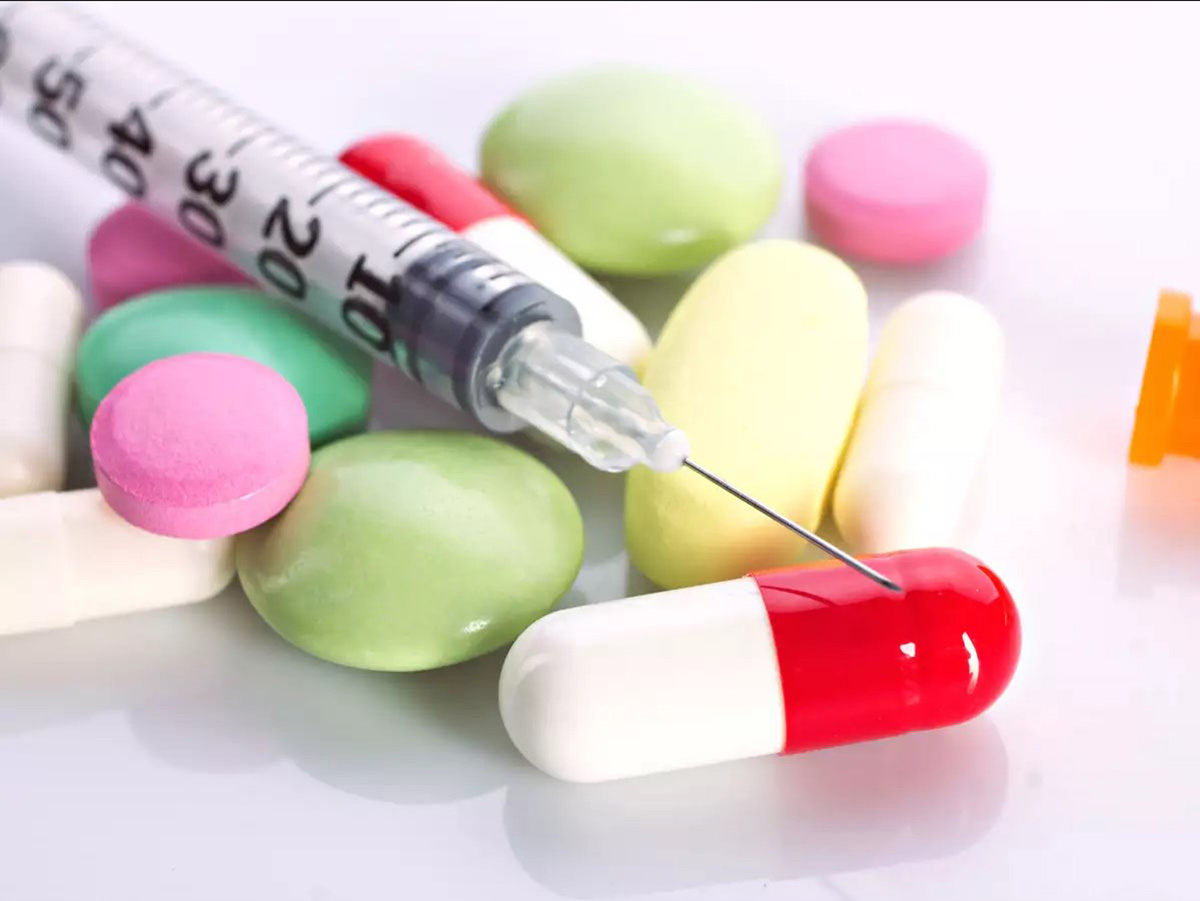Proper filtration is an essential requirement in pharmaceutical manufacturing. In fact, it’s required at multiple points in those processes.
As technology advances, both existing and new methods of filtration can capitalize on better, more efficient filters and methods of employing them within the pharmaceutical industry.
Filtration and separation processes are not just important in the pharmaceutical industry, they are absolutely critical. Proper filtration makes sure that the products manufactured are safe for patients and ensures that manufacturers are not losing valuable products due to improperly working filtration processes.
In the pharmaceutical industry, there are different types of filtration systems that are frequently used. These systems include surface filtration, depth filtration, and ultrafiltration.
Surface Filtration – Surface filtration systems are used to retain particles on the surface of the liquid that is being filtered. As the particles build up during the filtration process, a layer of material forms on the surface. This layer is important as it increases the efficiency of the filtration process. In fact, once the layer of material is formed, it can increase the rate of filtration from about 55% up to 100%. Of course, over time, the layer will cause a reduction in the flow of liquid, so it must be maintained regularly.
Depth Filtration – Depth filtration involves liquid flowing down a long pathway, passing through various filter layers along the way. In this process, particles, soluble materials, and colloidal materials are removed from the liquid. The process begins with filters that reduce larger particles, and then along the pathway, progressively smaller and smaller impurities are filtered out. While depth filtration systems are more costly than surface filtration systems, they typically last longer and filter smaller particles.
Ultrafiltration – Ultrafiltration systems are used to remove the smallest particles (0.01 microns) from liquid, as well as contaminants like viruses, bacteria, protozoa, and other hazardous microorganisms.
Magnetic Filters – Magnetic filters are commonly used in liquid pharmaceutical production to remove iron particles from the fluids. These filters are typically able to be cleaned and reused when they become full. Magnetic filtration’s other advantages include minimal running and disposal costs and being environmentally friendly.
Bag Filters – Bag filters are a cost-effective option for use in pharmaceutical processes. These filters use microfiltration to remove contaminants from liquids. Bag filters, named as such because the debris that is filtered out is collected in a bag, come in various pore sizes to meet the varying filtration needs of pharmaceutical production processes.
Self-Cleaning Filters – Self-cleaning filters are ideal for high-demand, large-scale filtration systems. The biggest benefit of these filters is that they perform their own maintenance. With other types of filters, the filtration system has to be completely stopped for maintenance to be performed. Self-cleaning filters don’t require that as they use backwashing to push debris away from the sides of the filter and towards the bottom of the filter’s housing. From there, the debris are pushed all the way out of the system, while the filter stays in place.
Filtration is such a widely used process in the pharmaceutical industry as to be considered almost omnipresent.
Pharmaceutical processing facilities are all different, with unique filtration needs. Because processes vary and product safety is so important, it’s crucial that manufacturers consult with a reputable filtration company to make sure that they are receiving the right filters for their particular need.
Across all the areas of pharmaceutical production, there are multiple methodologies for filtration systems. Each application is specific in what it filters, and the mechanisms used to achieve the final product. Surface and deep filtration both have their uses within the industry. As technology advances, both existing and new methods of filtration can capitalize on better, more efficient filters and methods of employing them within the pharmaceutical industry.
Our company constantly monitors the development of innovative filtration solutions for filter media in such important area of industry as pharmaceuticals.
So let's start the filtration cooperation now!
